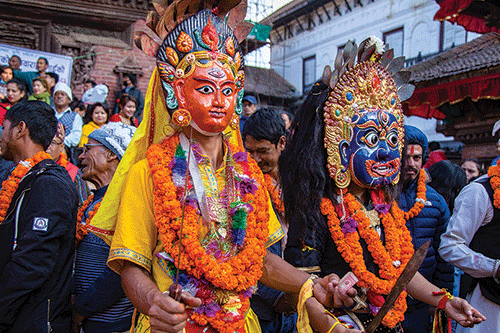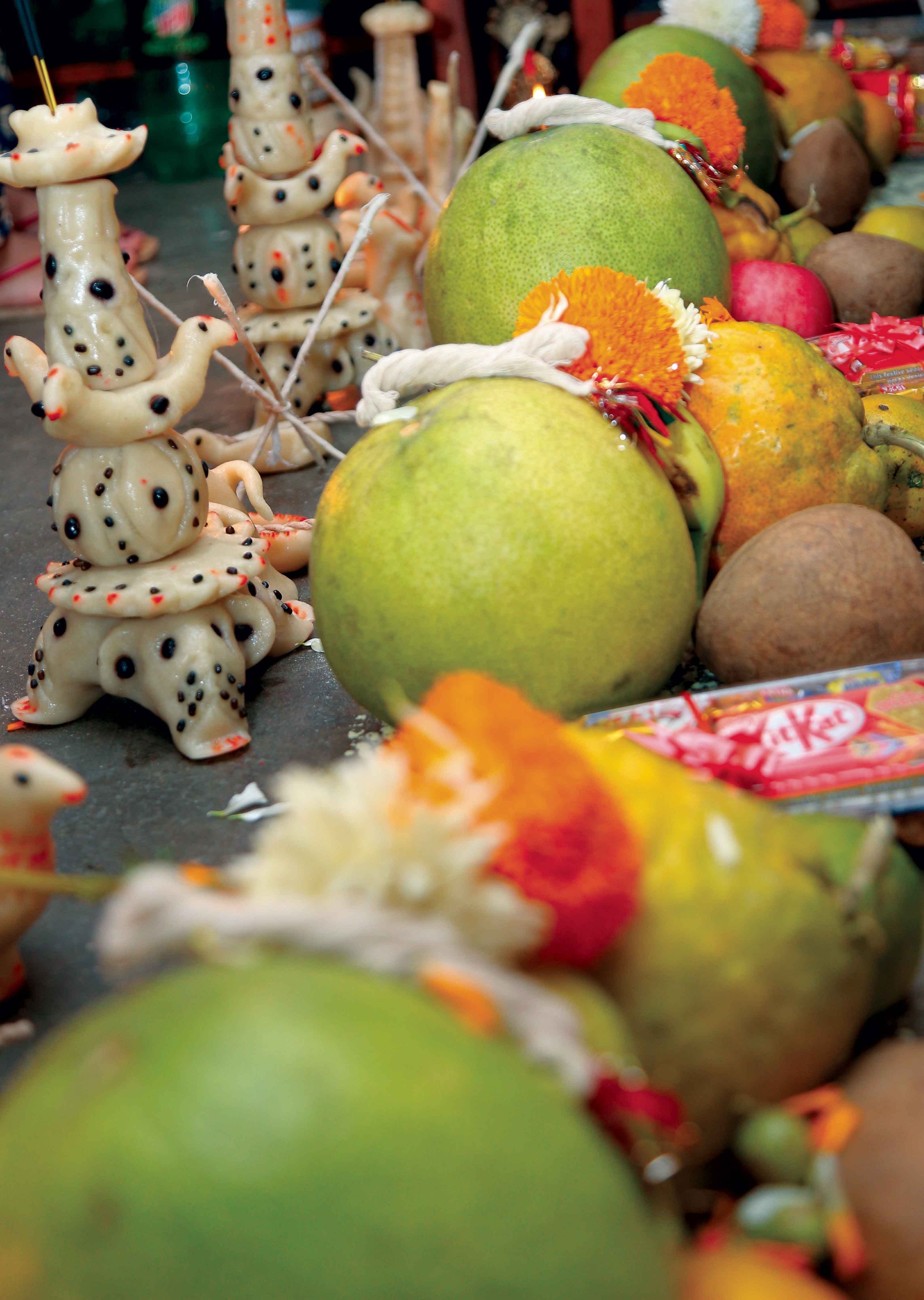A year ahead of time, Film South Asia is gearing up for its
9th film festival, celebrating the storytelling abilities and voices of South Asian filmmakers.
FSA began in 1997 as a springboard for South Asian documentary filmmakers to get their films out to the public. Kanak Mani Dixit initiated the festival, conscious that there was some great fictional film taking form but that there was little in the way of documentary films. With many overlapping issues in the South Asian region, there were many perspectives and stories to be explored, shared and discussed.
 For the upcoming festival, FSA hopes to step up the dialogue between filmmakers in the South Asian region. FSA’s new director NayanTara Gurung Kakshapati is keen to see more documentaries from previously quieter pockets of the region such as Pakistan, Afghanistan, Sri Lanka, the Maldives and Bhutan.
For the upcoming festival, FSA hopes to step up the dialogue between filmmakers in the South Asian region. FSA’s new director NayanTara Gurung Kakshapati is keen to see more documentaries from previously quieter pockets of the region such as Pakistan, Afghanistan, Sri Lanka, the Maldives and Bhutan.
Wanting to support filmmakers practically, FSA is primarily involved in film distribution. Its clearinghouse and Travelling Film South Asia (TFSA) package serve this end particularly well. The clearinghouse stocks a large variety of films, some of which are for sale and others available on loan. TFSA’s package of films that can be ordered and it caters to the demand of film festivals hosted abroad.
As a festival celebrating documentaries, FSA values filmmakers who handle their approach and treat their content artistically, with an insightful and informed commentary. Since FSA is based in Nepal, Nepali filmmakers have a lot to gain from the festival. A particular success for Nepal from the previous festival was Dipendra Bhandary’s film, Journey to Yarsa, a film documenting the lucrative trade of Yarsagumba in the country’s North.
With the film festival taking place every two years there is plenty of room for developing the country’s film community and creating more opportunities for exchange between Nepali filmmakers. FSA has a fantastic archive of films at hand and over the course of the year leading up to the festival, NayanTara plans to organise various interactive events with filmmakers including screenings, workshops and talk programs. “The Nepali film community is small yet we lack interaction. FSA is keen to facilitate more interaction within the Nepali as well as South Asian film community,” she explains.
FSA will open its applications for film entries this coming January in preparation for its October festival. This year the festival hopes to diversify its venues to reach new audiences. FSA also hopes to host a range of activities in the programme making the most of the experience and knowledge of its directors including talks, workshops, discussions and critiques. ■










